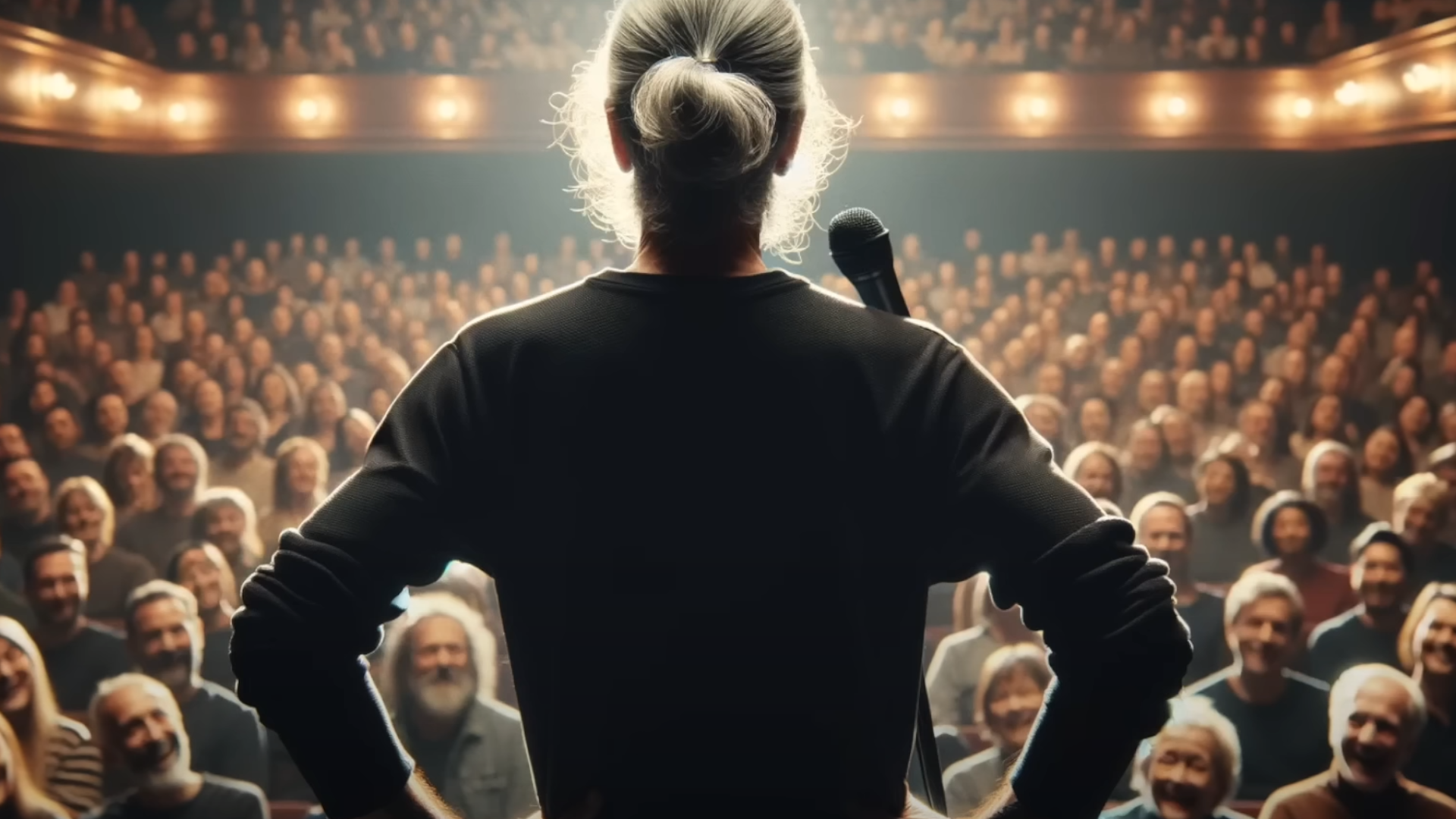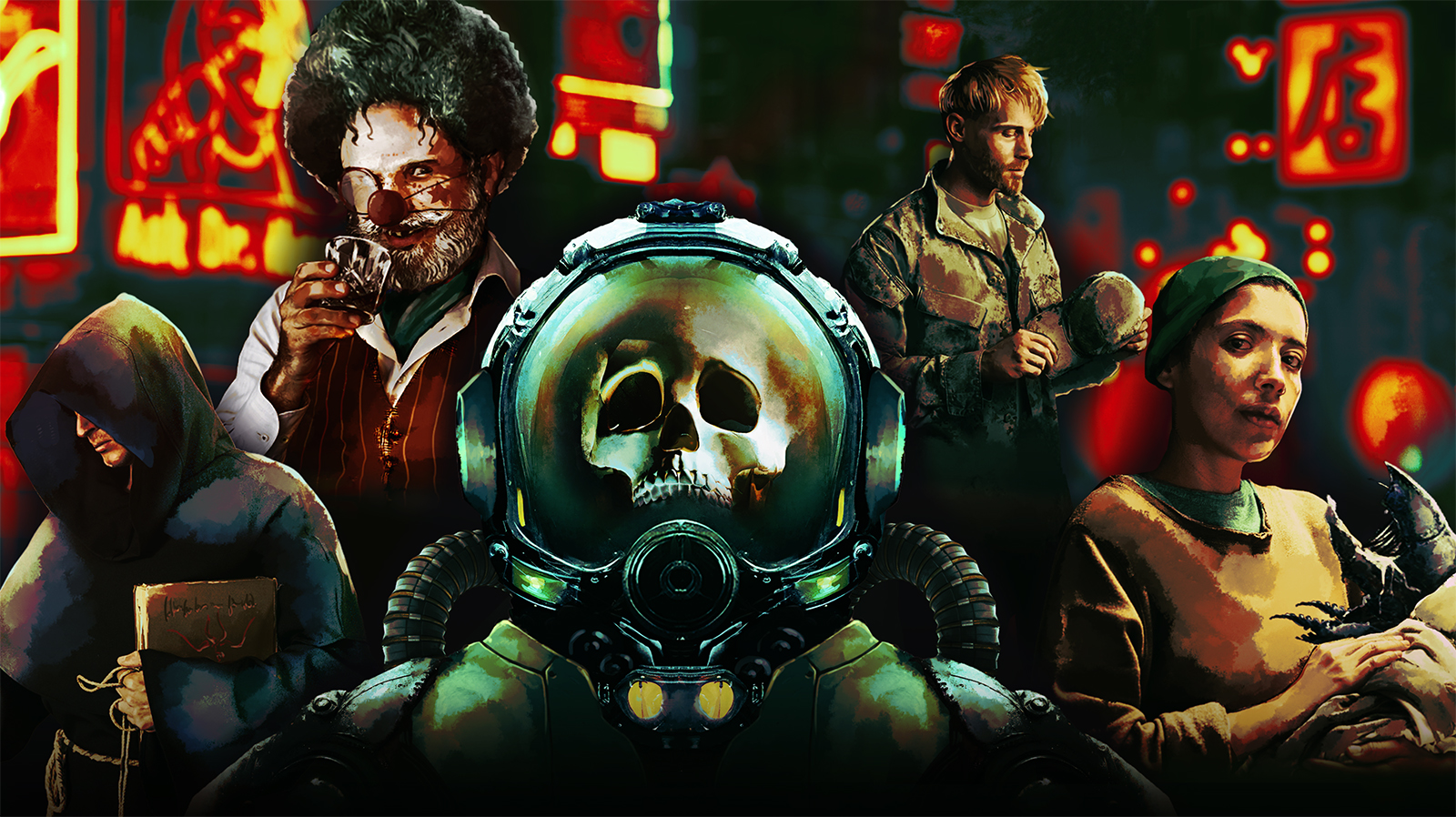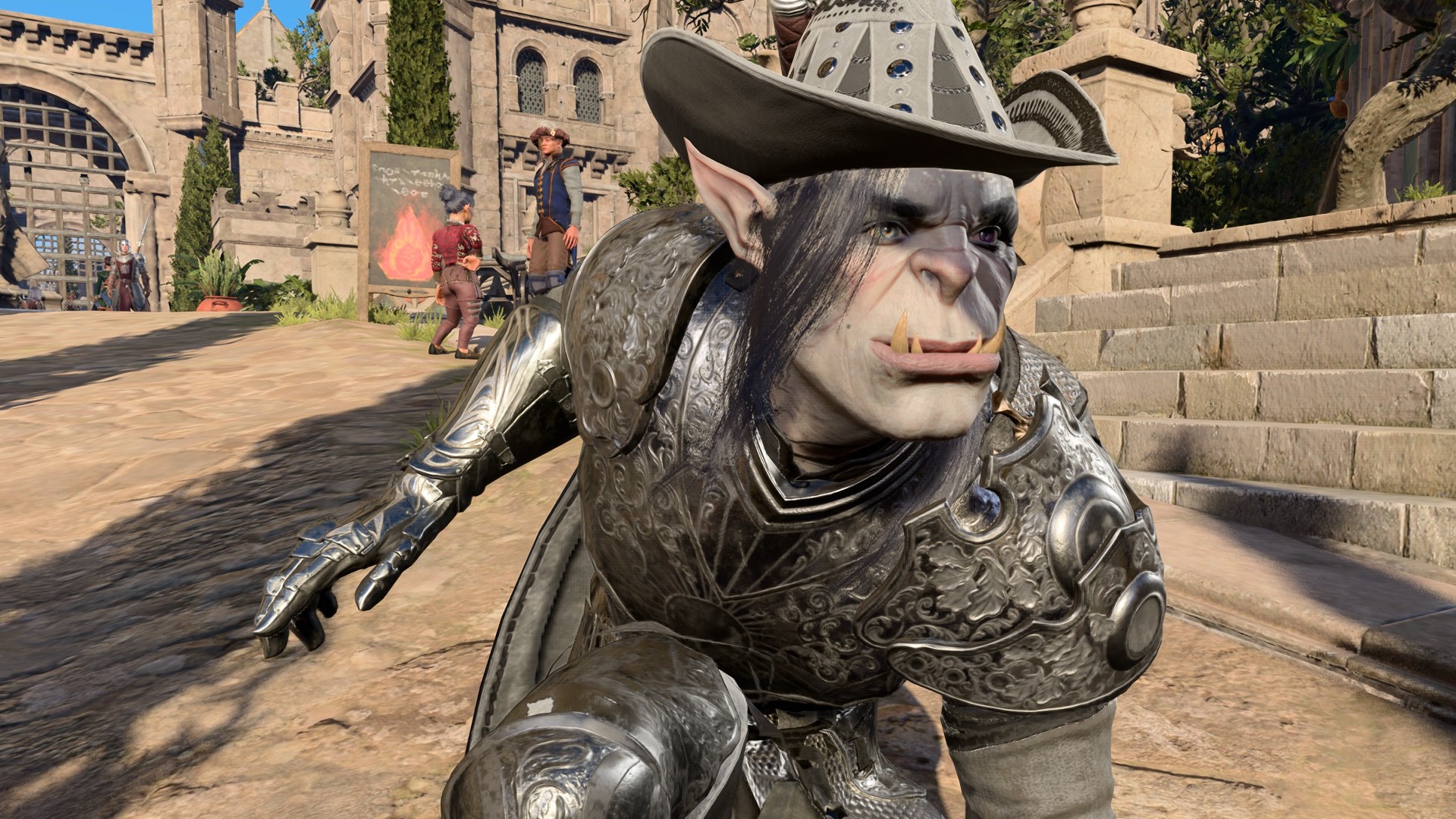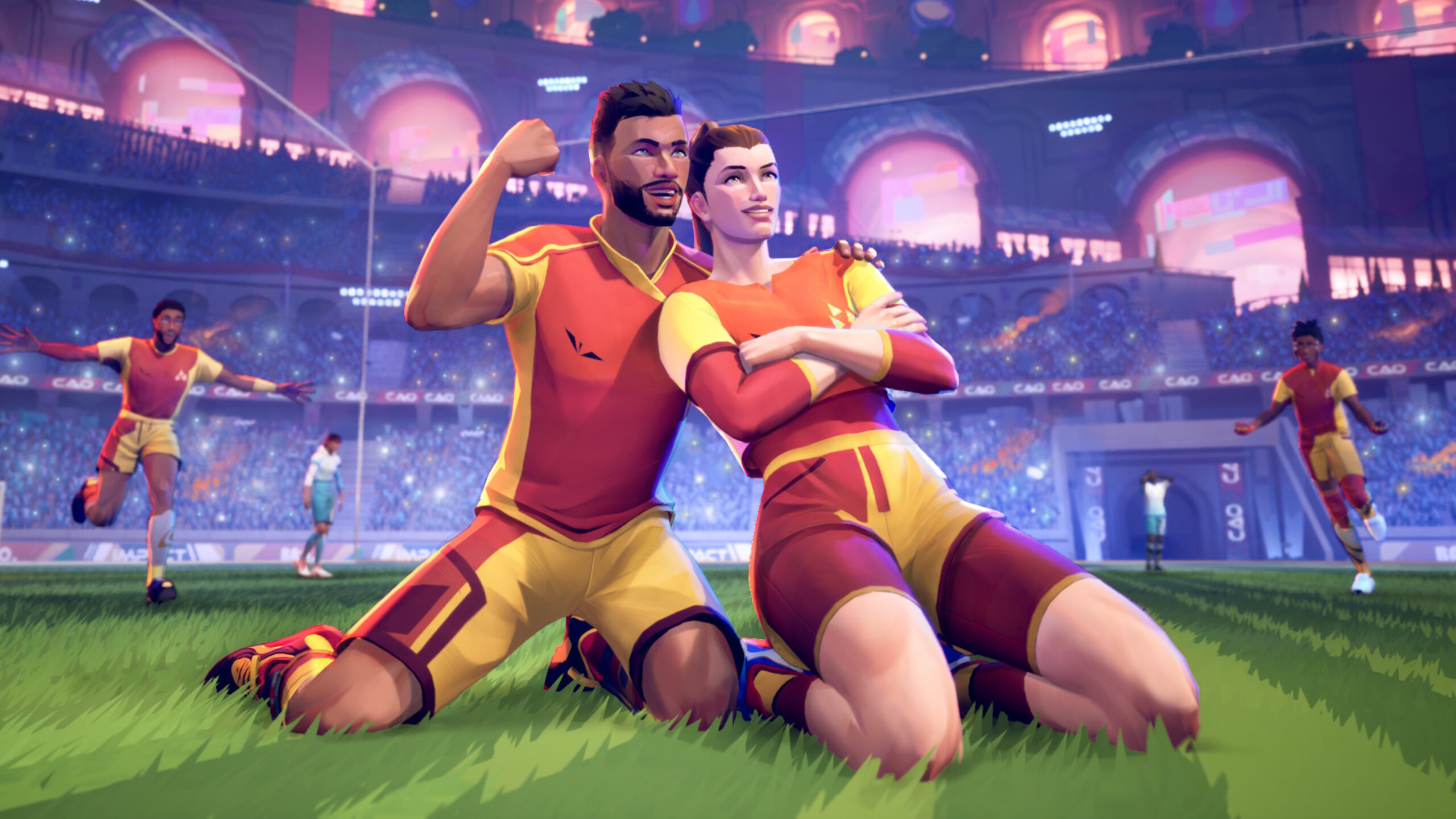The late George Carlin was one of the greatest actors and comedians of his era, with roles too numerous to list, and died at the age of 71 in 2008. Such was Carlin’s industry and volume of work that he remains a recognisable and beloved figure to this day, which may be why a podcast called Dudesy recently decided to use his likeness in an apparently AI-authored one hour comedy special titled, and this is almost unbelievable, “George Carlin: I’m Glad I’m Dead.”
The special itself is a slurry of sub-Carlin jokes set to AI-generated stills, with the software doing a weird impression of the comedian’s voice. There’s no imagery of Carlin himself other than a presumably AI-generated thumbnail showing a man with Carlin’s distinctive grey ponytail. The backlash to this was instantaneous and widespread, with his daughter Kelly Carlin saying no permission was sought or granted, and “no machine will ever replace his genius […] Humans are so afraid of the void that we can’t let what has fallen into it stay there … if you want to listen to the genuine George Carlin, he has 14 specials that you can find anywhere.”
Now Carlin’s estate has filed a lawsuit against Dudesy in California (spotted by Ars Technica). The special specifically presented itself as the product of an AI trained on decades of Carlin’s material, which of course is all copyrighted, and the suit alleges this was used without permission “to fabricate a semblance of Carlin’s voice and generate a Carlin stand-up comedy routine […] It is a casual theft of a great American artist’s work.”
But here’s where things get interesting. Following this lawsuit, a rep for Dudesy host Will Sasso said the following to the New York Times:
“It’s a fictional podcast character created by two human beings, Will Sasso and Chad Kultgen,” said spokeswoman Danielle Del. “The YouTube video ‘I’m Glad I’m Dead’ was completely written by Chad Kultgen.”
Well well well. You may be wondering why on Earth the Dudesy podcast would have claimed it was AI-generated in the first place but this is the whole premise of the podcast. It claims AI is generating a bunch of comedy content each week, much of which is misleadingly presented as here: Dudesy’s schtick is obfuscating how much human work goes into what the AI ‘creates’. In this way, the bleeding edge of AI does somewhat remind me of Potemkin villages.
The exact question of what is AI-created and otherwise is one the courts will answer, because the lawsuit is proceeding regardless. “We don’t know what they’re saying to be true,” said Carlin estate lawyer Josh Schiller. “What we will know is that they will be deposed. They will produce documents, and there will be evidence that shows one way or another how the show was created.”
The lawsuit itself points out Dudesy claims that the special “resurrected” Carlin (urgh) and is a straight-up attempt to profit off the “name, reputation, and likeness of George Carlin.” It also highlights various ways the special was promoted using Carlin-esque imagery, and argues this is harmful to the comedian’s reputation, legacy and actual body of work: even pointing out that future AI models may use this fake Carlin in training themselves “ultimately folding Defendants’ knockoff version in with Carlin’s actual creative output.” The suit asks that the court order the Dudesy video be taken down and all video and audio copies destroyed, and for punitive damages to be awarded atop that.
“The ‘George Carlin’ in that video is not the beautiful human who defined his generation and raised me with love,” said Kelly Carlin. “It is a poorly executed facsimile cobbled together by unscrupulous individuals to capitalize on the extraordinary goodwill my father established with his adoring fanbase.”
The comedian Sarah Silverman is currently involved in two class-action suits against OpenAI and Meta, which accuse the firms of using her copyrighted material to train their AI models. Outside of comedy the Author’s Guild is also waking up to the dangers, with 17 novelists involved in a lawsuit targeting OpenAI: and the New York Times itself is taking action against OpenAI and Microsoft for copyright infringement.
There are going to be some precedents set in this field soon, at least, and it’s worth remembering that all AI creations ultimately come down to the humans who use the tools in this way. “The planet is fine,” as Carlin once observed during a routine. “The people are fucked!”











